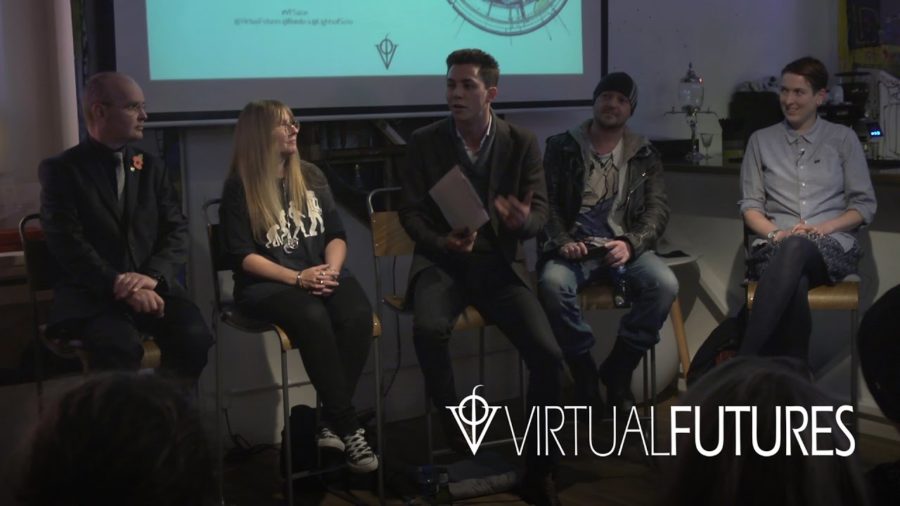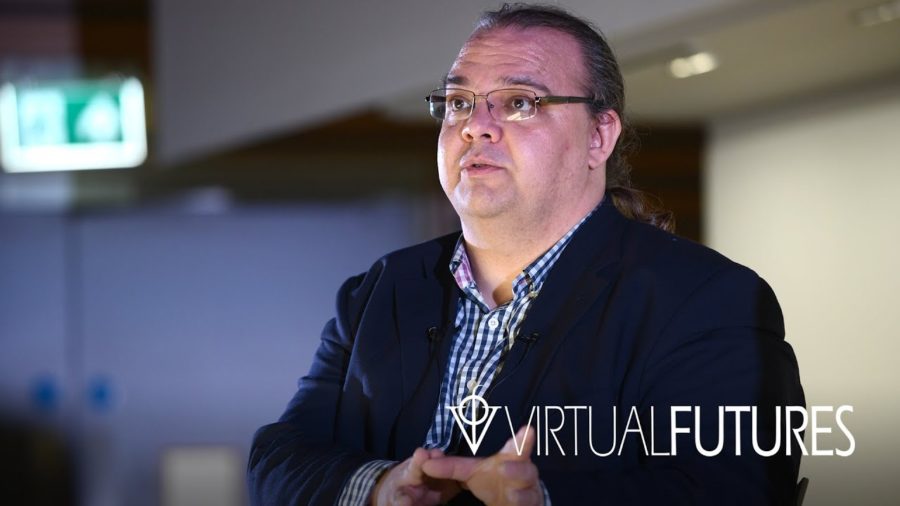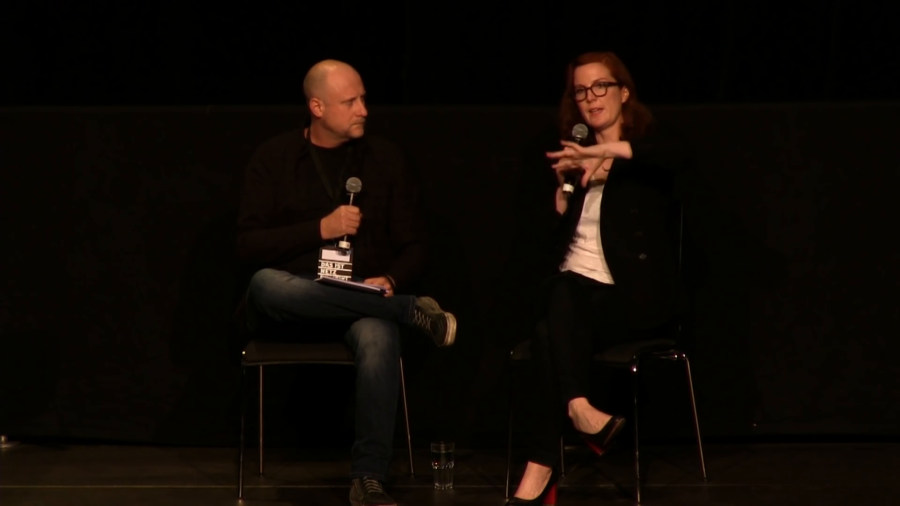There’s a lot of beautiful things. And I think if there’s one thing I’m most deeply disquiet about it’s…power. Why are we doing almost nothing about climate change? It’s because despite the fact that most people on earth and many government on Earth do, the oil corporations and the governments most closely allied to the oil corporations, notably ours, don’t want to do anything.
Archive (Page 2 of 8)
I vacillate…between thinking that we’re doomed because we have given ourselves over to a stupid system that’s now backed up by guns. And then a much more utopian view that we’ve always lived in stupid systems and that we’re always making them better.
As we’ve moved into increasingly digital spaces, so online worlds, we’re moving away from your traditional physical spaces where you have public streets; where you have public squares; where people can go to protest, and into areas, if you would call them that, that are entirely controlled by corporations.
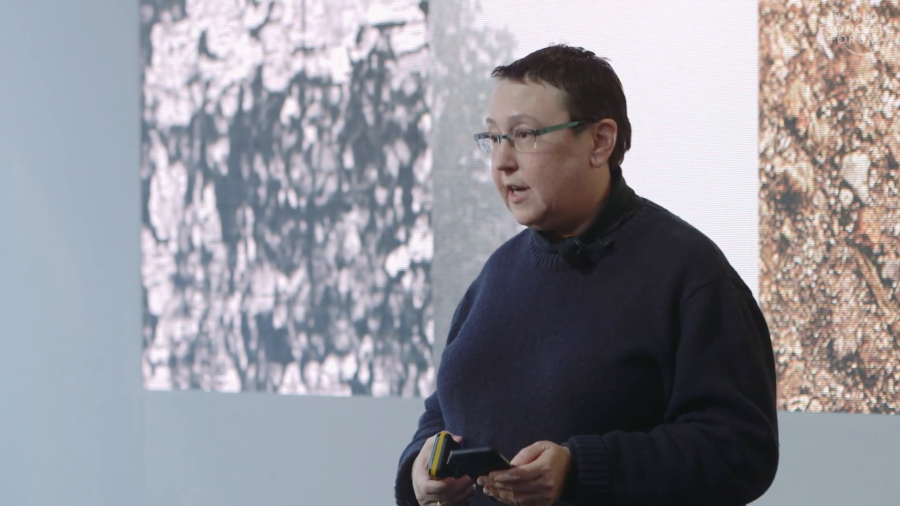
The unrelenting pace of technologies is deeply ironic, given the original intent of them to make our lives more efficient and give us more time. But we can all attest that the actual effect of this escalation of efficiency has been to increase the pace of work and play in our worlds.
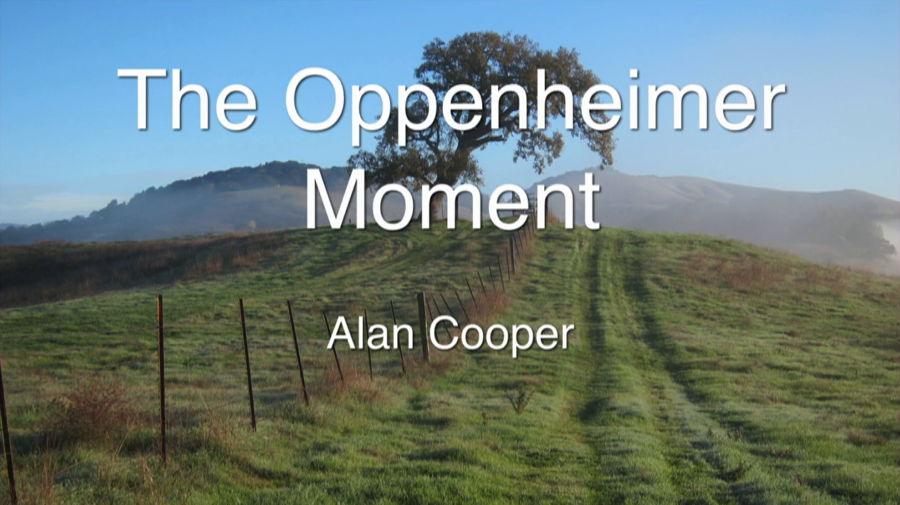
Where did this evil stuff come from? Are we evil? I’m perfectly willing to stipulate you are not evil. Neither is your boss evil. Nor is Larry Page or Mark Zuckerberg or Bill Gates. And yet the results of our work, our best most altruistic work, often turns evil when it’s deployed in the larger world. We go to work every day, genuinely expecting to make the world a better place with our powerful technology. But somehow, evil is sneaking in despite our good intentions.
It’s kind of like we could have the Congress of the United State pass a law with regards to time travel, but let’s face it you know, no one has a time travel machine so what’s the point of it? You can’t change physical laws by making administrative policy. Why should you think you can standardize complicated technology without understanding it?

My approach to the question of disposable lives is this: In an age of late capitalism, advanced technology, and mass media, are lives easier to dispose of now than in the past? And my response is, unfortunately, yes it is easier now. And this isn’t simply because of the technology that is available today that simply wasn’t available in the past.

